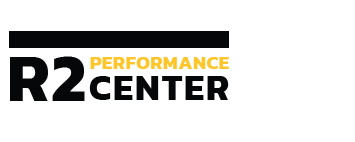

Practice Mental Agility to Cope With Adversity and Thrive
Mental agility enhances the ways you respond to stress and helps you to reason critically while keeping your mind open to multiple options. What’s more, mental agility allows you to make your thoughts and emotions work for you, during challenging tactical, physical or work-related events. You can quickly isolate a problem and identify solutions, enabling you to take the initiative and adjust to change.
Here are five ways to practice mental agility so you can focus your attention during extreme or demanding circumstances and remain calm under pressure.
- Find a challenging position. As the phrase goes, “A smooth sea never made a skilled sailor.” Even if you don’t succeed at performing a demanding task at the highest level, you will learn much more than others who completely avoided the opportunity to test themselves.
- Think flexibly, accurately and thoroughly. Notice and question counterproductive thinking patterns in the moment and seek more information about what else could be contributing to a situation.
- Go outside of your comfort zone. Learn about how you react to tough situations.
- Consider creative solutions to complex problems. If you are unsuccessful at something, don’t repeat the process and expect different results. Be open to trying new approaches.
- Listen to other perspectives. Even if you don’t take every piece of advice to heart, by listening to those who have faced similar situations, you can learn about methods that worked and didn’t work.
Ready and Resilient (R2) training sessions that can enhance mental agility at the unit level include Quality Assurance/Quality Control Resilience Training and individual mental agility skill lessons, such as avoiding thinking traps, problem solving and the Counseling Enhancement Workshop.
Reach out to your nearest local R2 Performance Center.
Resources
Watch VideoDownload Infographic
MORE SKILLS
